-

Amazon Alexa Skills Training
Rated #1 Recognized as the No.1 Institute for Amazon Alexa Skills Training ACTE’s Amazon Alexa...
-

Amazon DynamoDB Online Training
Rated #1 Recognized as the No.1 Institute For Amazon DynamoDB Online Training Enroll in the...
-

Amazon Redshift Online Training
Rated #1 Recognized as the No.1 Institute for TOGAF 9 Training We Give the Skills...
-

Amazon S3 Certification Training Course
Rated #1 Recognized as the No.1 Institute For Amazon S3 Certification Training Course Accelerate your...
-
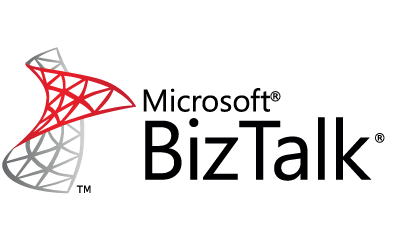
Anaplan Online Training Course
Rated #1 Recognized as the No.1 Institute for Anaplan Online Training Course Master enterprise planning...
-

AWS Aurora DB Online Training
Rated #1 Recognized as the No.1 Institute for AWS Aurora DB Online Training Elevate your...
-

AWS Auto Scaling Online Training
Ranked #1 as the Leading Provider of Aws Auto Scaling Training An In-Depth Aws Auto...
-

AWS Blockchain Online Training
Rated #1 Recognized as the No.1 Institute for AWS Blockchain Online Training ACTE Institute Offers...
-

AWS Certification Online Training
Rated #1 Recognized as the No.1 Institute for AWS Certification Online Training ACTE Institute Offers...
-

AWS Certification Training
Join Our Best AWS Certification Training Institute Master Cloud Services & Deployment. Complete AWS Certification...
-

AWS Certification Training in Colombo
Live Instructor LED Online Training Learn from Certified Experts Starter and Advanced Classes.AWS Hands-on Learning.Preparing...
-

AWS Certification Training in Kampala
Live Instructor LED Online Training Learn from Certified Experts Novice & High-level Classes in AWS.Delivered...
-

AWS Certified Advanced Networking Specialty Online Training
Rated #1 Recognized as the No.1 Institute for AWS Certified Advanced Networking Specialty Online Training...
-

AWS Certified Alexa Skill Builder Specialty Online Training
Rated #1 Recognized as the No.1 Institute for AWS Certified Alexa Skill Builder Specialty Online...
-

AWS Certified Big Data Specialty Online Training
Rated #1 Recognized as the No.1 Institute for AWS Certified Big Data Specialty Online Training...
-

AWS Certified Cloud Practitioner Online Training
Rated #1 Recognized as the No.1 Institute for AWS Certified Cloud Practitioner Online Training Master...
-

AWS Certified Developer Associate Online Training
Rated #1 Recognized as the No.1 Institute for AWS Certified Developer Associate Online Training Master...
-

AWS Certified DevOps Engineer Professional Online Training
Rated #1 Recognized as the No.1 Institute for AWS Certified DevOps Engineer Professional Online Training...
-

AWS Certified DevOps Engineer Professional Online Training
Rated #1 Recognized as the No.1 Institute for AWS Certified DevOps Engineer Training AWS Certified...
-

AWS Certified Security Specialty Online Training
Rated #1 Recognized as the No.1 Institute for AWS Certified Security Specialty Online Training Advance...
-

AWS Certified Solutions Architect Associate Online Training
Rated #1 Recognized as the No.1 Institute for AWS Certified Solutions Architect Associate Online Training...
-

AWS Certified Solutions Architect Professional Online Training
Rated #1 Recognized as the No.1 Institute for AWS Certified Solutions Architect Professional Online Training...
-

AWS Certified SysOps Administrator Associate Online Training
Rated #1 Recognized as the No.1 Institute for AWS Certified SysOps Administrator Associate Online Training...
-

AWS DevOps Training and Certification
Live Instructor LED Online Training Learn from Certified Experts Beginner & Advanced level Classes. Hands-On...
-

AWS IoT Online Training
Rated #1 Recognized as the No.1 Institute for AWS IoT Online Training ACTE Institute Offers...
-

AWS Lambda and API Gateway Online Training Course
Rated #1 Recognized as the No.1 Institute for AWS Lambda and API Gateway Online Training...
-

AWS Machine Learning Online Training
Rated #1 Recognized as the No.1 Institute for AWS Machine Learning Online Training Acte Institute...
-

AWS RDS Online Training
Rated #1 Recognized as the No.1 Institute for AWS RDS Online Training Enroll in our...
-

AWS SysOps Associate certification Training
Ranked #1 as the Leading Provider of AWS Sysops Associate Training Choosing For Your AWS...
-
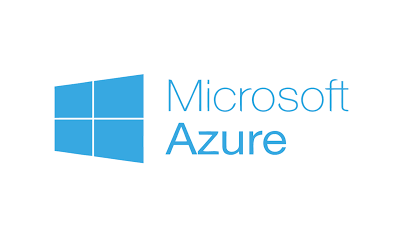
Azure Blockchain Online Training
Rated #1 Recognized as the No.1 Institute for Azure Blockchain Online Training ACTE Institute Offers...
-

Azure Cloud Architect Training
Live Instructor LED Online Training Learn from Certified Experts Beginner & Advanced level Classes. Hands-On...
-

Azure DevOps Online Training
Live Instructor LED Online Training Learn from Certified Experts Beginner & Advanced level Classes. Hands-On...
-
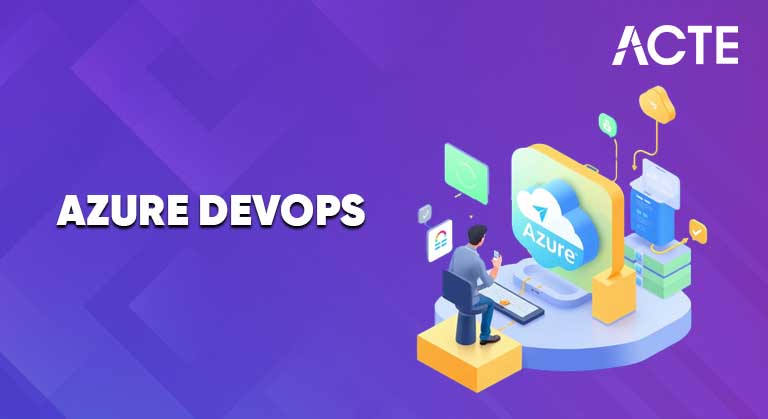
Azure DevOps Training
Join the Best Azure DevOps Training Institute to Master Cloud & Automation Practices. Our Azure...
-

Azure IoT Certification Online Training
Rated #1 Recognized as the No.1 Institute for Azure IoT Certification Online Training ACTE Institute...
-

Azure Machine Learning Online Training
Rated #1 Recognized as the No.1 Institute for Azure Machine Learning Online Training ACTE Institute...
-
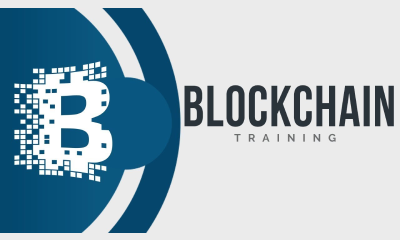
Blockchain Certification Training in Bangkok
Live Instructor LED Online Training Learn from Certified Experts Trainee and Advanced Level Classes are...
-

Blockchain Training
Rated #1 Recoginized as the No.1 Institute for Blockchain Course Join Acte For Blockchain Training...
-
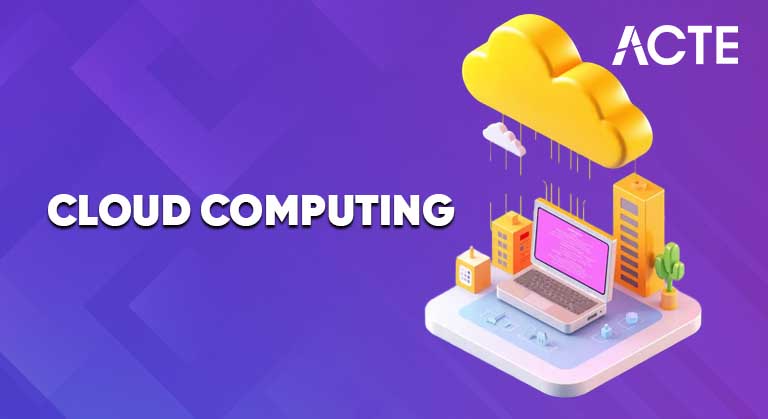
Cloud Computing Course
Join the Best Cloud Computing Training Institute to Master Cloud Infrastructure, Deployment. Complete Cloud Computing...
-

Cloud Foundry Training
Rated #1 Recognized as the No.1 Institute for Cloud Foundry Training Master Cloud Foundry PaaS...
-

Cloudera CCA Admin Certification Training
Rated #1 Recognized as the No.1 Institute for Cloudera CCA Admin Certification Training ACTE’s Cloudera...
-
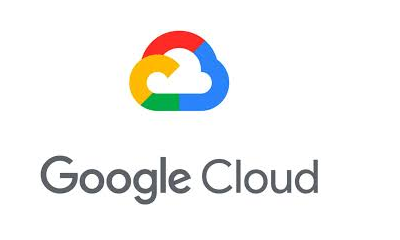
DevOps On Google Cloud Platform Online Training
Live Instructor LED Online Training Learn from Certified Experts Advanced and Beginner level classes. Learning...
-

Google Certified Associate Cloud Engineer Certification Online Training
Rated #1 Recognized as the No.1 Institute for Google Certified Associate Cloud Engineer Certification Online...
-

Google Cloud Architect Certification Online Training
Rated #1 Recoginized as the No.1 Institute for Google Cloud Architect Certification Online Training Rated...
-

Google Cloud Associate Cloud Engineer Certification OnlineTraining
Rated #1 Recognized as the No.1 Institute for Google Cloud Associate Cloud Engineer Training A...
-
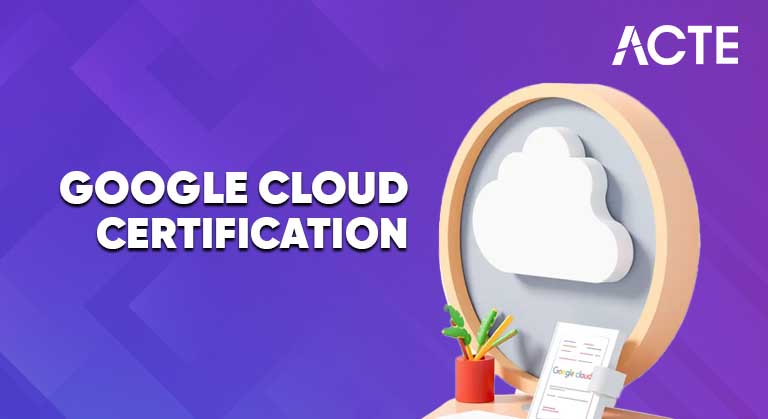
Google Cloud Certification Course
Join Our Best Google Cloud Certification Course Cloud Computing & Services. Complete Google Cloud Certification...
-

Google Cloud Platform Training In Chennai
Rated #1 Recoginized as the No.1 Institute for Google Cloud Platform Training In Chennai Boost...
-

Google Cloud Professional Cloud Developer Online Training
Rated #1 Recoginized as the No.1 Institute for Google Cloud Professional Cloud Developer Online Training...
-

IBM Cloud Online Training
Rated #1 Recoginized as the No.1 Institute for IBM Cloud Online Training Enroll in IBM...
-
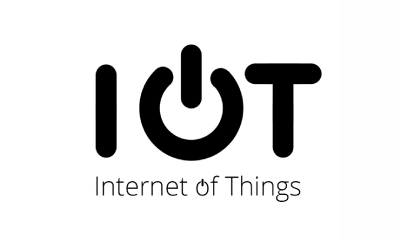
IoT Certification Training
Rated #1 Recognized as the No.1 Institute for IoT Online Training with Placement Boost your...
-

JCL Online Training with Placement
Rated #1 Recognized as the No.1 Institute for JCL Online Course with Placement Our JCL...
-

JIRA Online Training
Ranked #1 as the Leading Provider of JIRA Course As the premier institute for JIRA...
-

Microsoft Azure AI Engineer Associate Certification Training
Rated #1 Recognized as the No.1 Institute for Microsoft Azure AI Engineer Associate Certification Training...
-

Microsoft Azure Exam AZ -101 Certification Training
Live Instructor LED Online Training Learn from Certified Experts Beginner & Advanced level Classes. Hands-On...
-

Microsoft Azure Exam AZ-100 Certification Training
Leading Institute for Microsoft Azure Exam AZ-100 Certification Training Recognized as a Leading Microsoft Azure...
-

Microsoft Azure Exam AZ-102 Certification Training
Leading Institute for Microsoft Azure Exam AZ-102 Certification Training Ranked as a Leading Microsoft Azure...
-

Microsoft Azure Exam AZ-103 Certification Training
Rated #1 Recoginized as the No.1 Institute for Microsoft Azure Exam AZ-103 Certification Training Ranked...
-

Microsoft Azure Exam AZ-203 Certification Training
Rated #1 Recoginized as the No.1 Institute for Microsoft Azure Exam Az-203 Certification Training Recognized...
-

Microsoft Azure Exam AZ-300 Certification Training
Leading Institute for Microsoft Azure Exam AZ-300 Certification Training Ranked as a Top Microsoft Azure...
-

Microsoft Azure Exam AZ-301 Certification Training
Rated #1 Recognized as the No.1 Institute for Microsoft Azure Exam AZ-301 Certification Course The...
-

Microsoft Azure Exam AZ-302 Certification Training
Rated #1 Recognized as the No.1 Institute for Microsoft Azure Exam AZ-302 Certification Training Our...
-

Microsoft Azure Exam AZ-400 Certification Training
Rated #1 Recoginized as the No.1 Institute for Microsoft Azure Exam AZ-400 Certification Training Highly...
-

Microsoft Azure Exam AZ-900 Certification Training
Leading Institute for Microsoft Azure Exam AZ-900 Certification Training Rated As The Best Microsoft Azure...
-

Microsoft Azure Infrastructure Solutions 70-533 Certification Training
Rated #1 Recoginized as the No.1 Institute for Microsoft Azure Infrastructure Solutions 70-533 Certification Training...
-
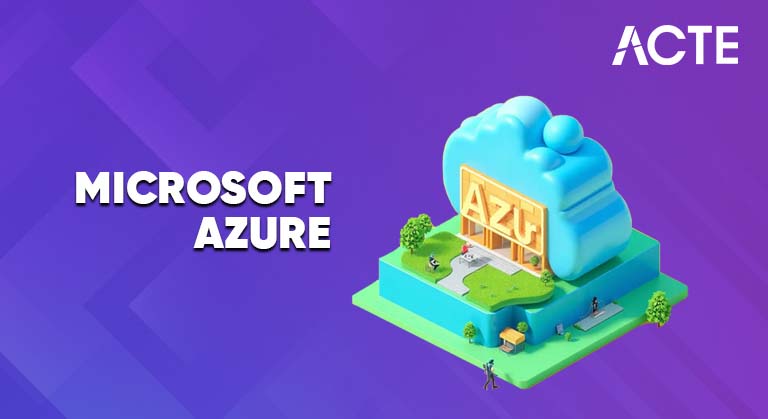
MicroSoft Azure Training
Join Our Best Microsoft Azure Training Covering Cloud Computing, Infra & Services. Complete Microsoft Azure...
-

OKTA Online Training Course
Live Instructor LED Online Training Learn from Certified Experts Beginner & Advanced level Classes. Hands-On...
-
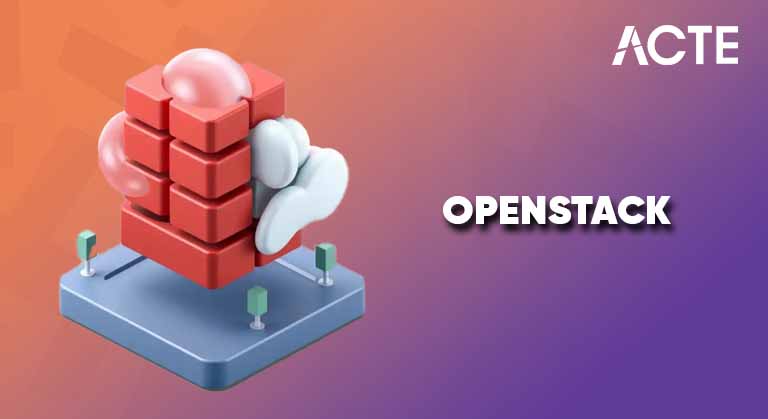
OpenStack Training
Join the Best OpenStack Training Institute to Master Cloud Infrastructure & Management Tools. Our OpenStack...
-

RequireJS Online Training
Rated #1 Recoginized as the No.1 Institute for RequireJS Online Training Elevate your career with...
-
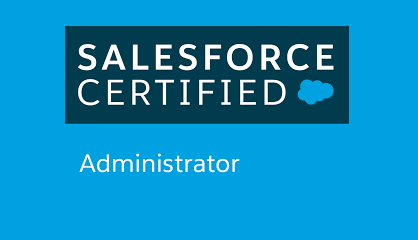
Salesforce Admin Training
Join the Best Salesforce Admin Training Institute to Master Salesforce Admin Skills. Our Salesforce Admin...
-
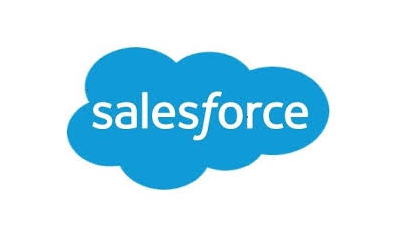
Salesforce CPQ Online Training Course
Rated #1 Recoginized as the No.1 Institute for Salesforce CPQ Online Training Course With Customized...
-

Salesforce Developer Certification Training
Join Our Best Salesforce Developer Training Institute to master Salesforce development skills and industry-ready practices....
-

Salesforce Developer Training in Toronto
Rated #1 Recoginized as the No.1 Institute for Salesforce Developer Training in Toronto Boost your...
-

Salesforce Lightning Components Training
Live Instructor LED Online Training Learn from Certified Experts Beginner & Advanced level Classes. Hands-On...
-

Salesforce Platform App Builder Certification Training
Rated #1 Recognized as the No.1 Institute for Salesforce Platform App Builder Certification Training In...
-

Salesforce Sharing and Visibility Designer Certification Training
Rated #1 Recognized as the No.1 Institute for Salesforce Sharing and Visibility Designer Certification Training...
-
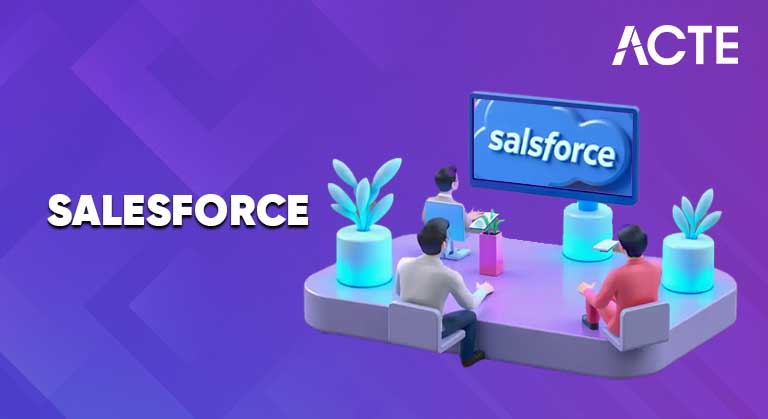
Salesforce Training
Join Our Best Salesforce Training CRM, Automation & Cloud Solutions. Complete Salesforce Training – Learn...
-
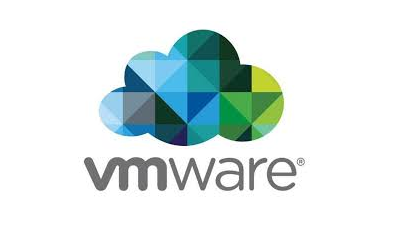
VMware NSX Online Training Course
Rated #1 Recognized as the No.1 Institute for VMware NSX Online Training Course With ACTE's...
-
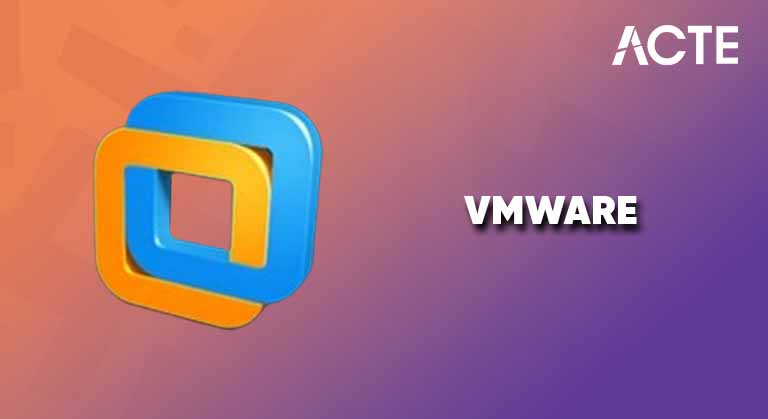
VMware Training
Join the Best VMware Training Institute to Master Virtualization & Cloud Infrastructure. Our VMware Course...
-

VMware vSphere Training
Rated #1 Recognized as the No.1 Institute for VMware vSphere Training Take your virtualization skills...
-

Windows Azure Training
Rated #1 Recognized as the No.1 Institute for Windows Azure Training Acte Institute Provides Extensive...
-
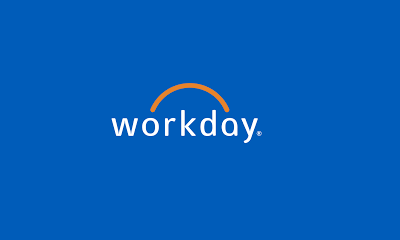
Workday Training
Join the Best Workday Training Institute to Master Skills for Career Growth. Our Workday course...